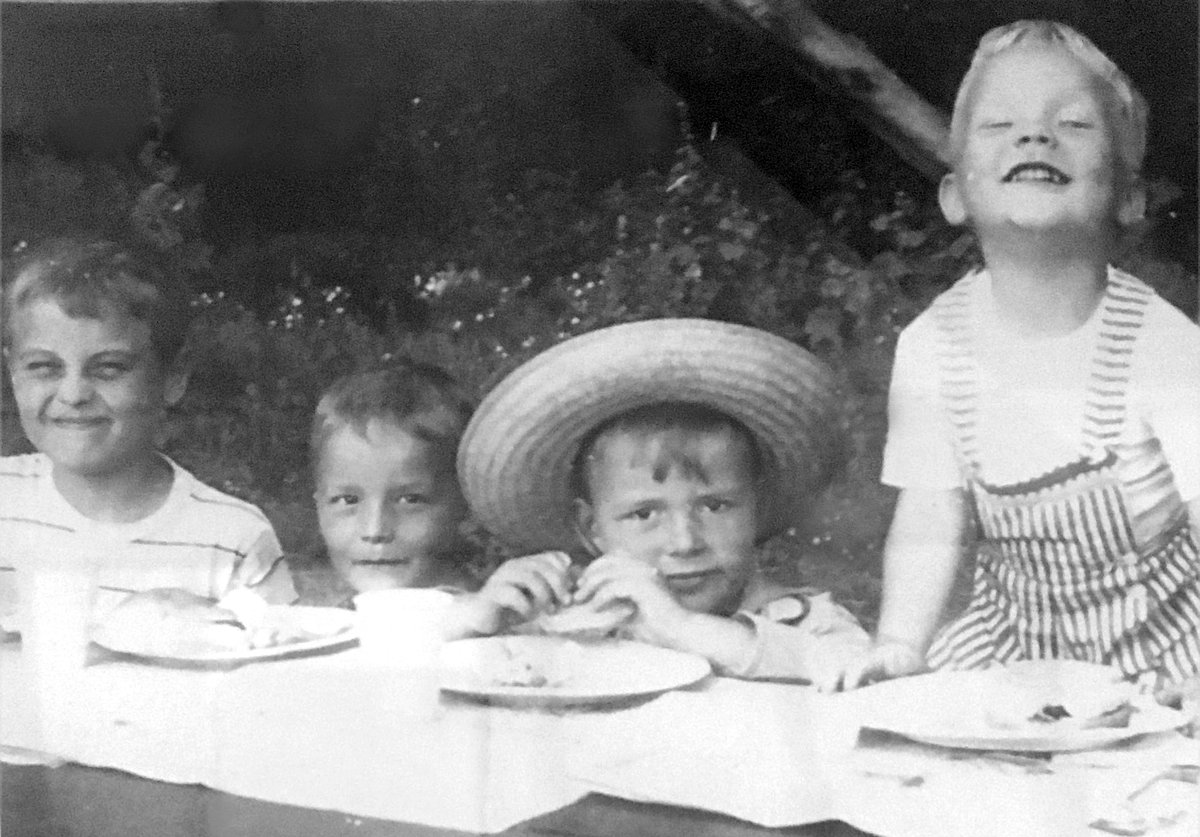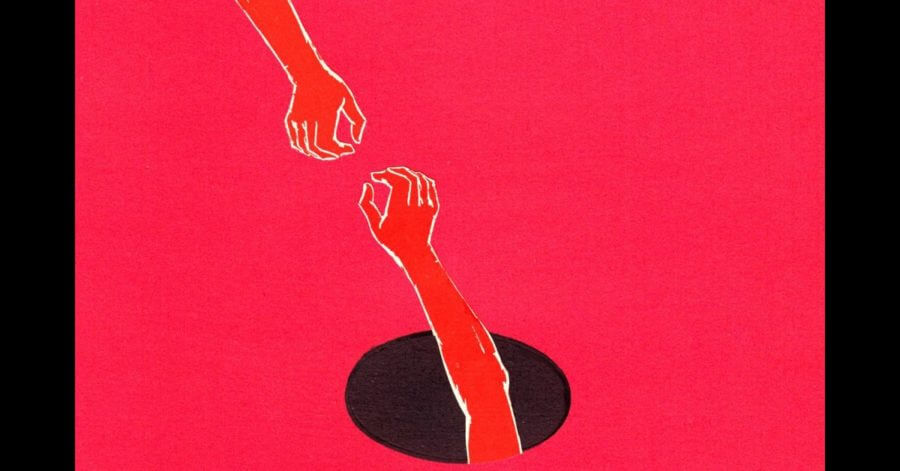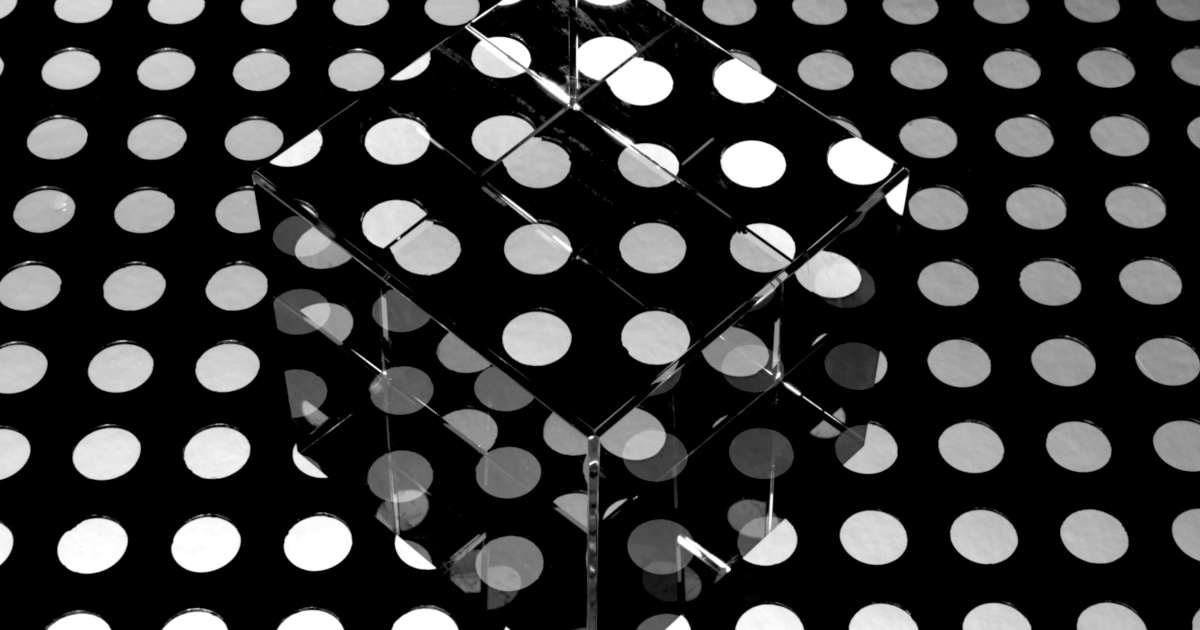My dad was a man of honor. If he said he was going to do something, you could bank on it getting done. He was also a very talented man. He constructed two family houses pretty much by himself. He built me a small car from scratch. He invented aluminum two-by-fours for houses. I never saw him treat anyone with anything but decency and respect. Most importantly, he stood by his principles, and his word was gold. If he made a commitment, he honored it. He listened a whole lot more than he talked, and he always told the truth as he understood it.
Dad was not a cosmopolitan elite. He did not have a bachelor’s degree from an Ivy League College—or any college for that matter. He didn’t care much about philosophy, psychology, and sociology. He probably drank too many old fashions, played too many rounds of golf, and watched too many sports events on TV. He didn’t inquire deeply about the complexity of world issues, nor did he offer up many opinions on how the world should work. He didn’t have particularly high emotional or spiritual intelligence.
Dad’s career was primarily in sales—cars and aluminum extrusions. More importantly, however, he was always there for the kids, the grand-kids, and the many friends who admired his talent, his support, his honesty, and his integrity. He always believed that, if you borrowed something, you returned it in better condition than you received it. He practiced what he preached.
We didn’t agree on politics and religion. He was fairly conservative and went to the Methodist church every Sunday—mostly because my mother insisted on it, but he never complained. In 1977, I wrote a short poem for him that he carried in his wallet until his death in 2002. I now keep the poem on my desk, not because it’s brilliant writing, but because it meant so much to him—and to me, because he carried it for 25 years. Here it is:
On politics, we don’t agree,
but you have never asked of me
to adhere to your thoughts.
You listen to what you don’t condone—
A quality I’d like to own;
you don’t impose shoulds and oughts
Selling cars, I could never do,
A fact that sometimes bothers you,
but you accept me as your son.
If I can work one tenth as well
with the dignity with which you sell,
I’ll be happy with what I’ve done.
If I could choose just one small trait,
besides the point to call when late,
It would surely make me glad.
For honesty is the trait I’d pick—
Something to which you always stick.
I proudly call you Dad.
We need more people like my Dad in the world today: People whose words you can trust; People who lead their lives with uncompromising integrity; People who won’t sell out their principles for the right price. People who tell the truth and live with honor.
There are many terminological distinctions for the word truth. Most languages distinguish between the truth of fidelity and the truth of factuality. Some opt for nouns such as assert or affirm, while others define truth with words like faith and trust.
William James summarized his version of truth as “the expedient in our way of thinking, just as the “right” is the expedient in our way of behaving.” James meant that truth is a quality confirmed by its effectiveness when applying concepts to practice.
John Dewey held that inquiry, whether scientific, technical, sociological, or cultural is self-corrective over time IF openly submitted to testing by a community of inquirers to clarify, refine, or refute the proposed truths.
Minimalist reasoning sees truth as a label to express agreement, stress claims, or form general assumptions. In my mind, truth is the aim of science and is continually tested by investigation and research—this is not always the case with religion. In all religions, there are other aims in play.

Honor is a sense of principled uprightness of character and personal integrity. There can be honor in the work we do, the lives we live, and the choices we make.
To me, truth and honor are highly associated with integrity. Stephen Carter, Yale law professor and author of the book Integrity, defines integrity as “discerning what is right and what is wrong and acting on what you have discerned, even at personal cost.”
I see integrity as having four dimensions:
- Say what you say: genuineness or authenticity
- Say what you do: honesty or truthfulness
- Do what you say: dependability or reliability
- Do what you do: consciousness or self-awareness
These behaviors all lead to THIS: Truth, Honor, Integrity, and Sensitivity.
In politics these days, we are not seeing much genuineness, honesty, truthfulness, dependability, self awareness or sensitivity. We are seeing quite the opposite. Just as we were starting to see more acceptance for different lifestyles and less tolerance for hate speech and meanness, the US Republican Presidential nominee has opened the door for bigots and bullies with his racist and misogynistic remarks.
Elections around the world have degenerated from leadership campaigns built on the best thinking and ideas to marketing campaigns built on the worst of our feelings and biases. In short, instead of experiencing more of THIS (Truth Honor, Integrity, and Sensitivity), we are seeing more of THAT (Taunting, Hate, Anger, and Tyranny).
As the world continues to regress into divisive tribalism, I’m afraid THAT will crush THIS. In an excellent feature article in the New York Times Magazine, “Fractured Lands: How the Arab World Came Apart,” Scott Anderson summarizes his 18-month coverage of the Middle East. Through the stories of six people from Syria, Libya, Egypt, and Iraq, he discusses the historical context and current implications of inept policy decision over the last 100 years. He illuminates, in depressing detail, the results of tribalism and the attendant taunting, hate, anger, and tyranny that tend to manifest with a competitive and independent mentality. If you read the article, I’m sure you will agree that the world needs far more of THIS and far less of THAT.
In the US Presidential Election, Hillary Clinton may not be a perfect role model for all of THIS, but her opponent clearly embodies all of THAT. In the face of these seemingly intractable global problems and this insane domestic election, I often feel powerless to make a difference. What I can do, however, is to make an impact each day in my interpersonal relationships by telling the truth as I understand it, by honoring my commitments, by preserving my integrity, and if by increasing my sensitivity to differences in lifestyles, choices, and beliefs. THIS is my hope.
Oh Dad, dear decent soul that you are, the world needs more people like you. I may still disagree with you, but I love you for showing me THIS.
Also published on Medium.




I was quite moved by this post. And enjoyed learning more about your Dad. Amazing how father and son can be so different, and wonderful that you accepted each other for who you were. We do need more like him.
Dad, I love this post!! What a beautiful tribute to your dad and his impact on you, in addition to offering such insight about THIS and THAT… You have taught me THIS and so much more… xxxx
Rick, I was going to say ‘I wish I knew your Dad’ and then realized that I already do, through you. Wonderful post.